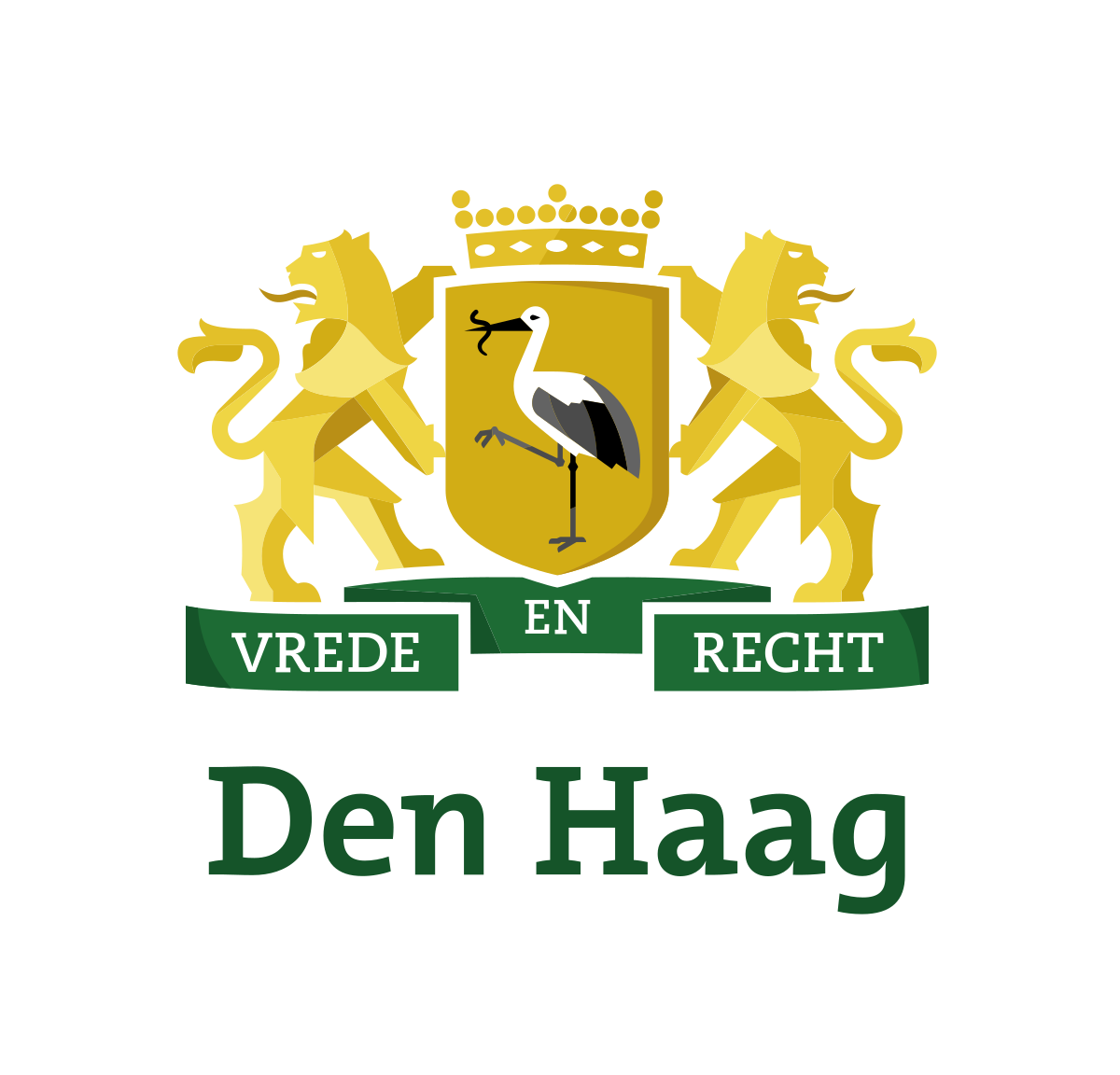Blogs
Mandatory Due Diligence – Threat or Opportunity?
Proposals for mandatory due diligence – part 2: ESG Manager Manuella Appiah on the due diligence approach of Sunrock
Mandatory due diligence is a sensitive subject which evokes many different reactions. In the first part of this series, we discussed what due diligence is and why the EU and different national governments are planning on making it mandatory. For this blog, we invited Sunrock ESG Manager Manuella Appiah to tell us more about due diligence from their company’s perspective.
Sunrock welcomes the initiative to make human rights due diligence mandatory for companies. Since the UN Guiding Principles were endorsed in 2011, very few companies have voluntarily committed to applying the principles. Even fewer companies are able and/or willing to do this effectively. Barriers to effective human rights due diligence include lack of knowledge and technical resources, but also lack of adequate cooperation by entities on which the company in question is dependent for supply chain data. The proposed legislation addresses these barriers to some extent. The EU proposal includes facilities to support SMEs to comply with the law. Having a mandatory due diligence legislation that applies to a broad group of companies provides legitimation for downstream companies to demand transparency from their suppliers with a view to be able to understand the conditions in the supply chain.
Since we want to know the practical workability of mandatory due diligence, we will have a closer look at Sunrock’s approach. Sunrock has a strong program to improve their ESG performance in their own operations as well as within their supply chains, which is mainly focused on the topics environment, people welfare, supply chain transparency and good governance. However, this is quite the challenge since the solar industry has non-transparent supply chains. To live up to the ESG performance, Sunrock has initiated annual supplier ESG assessments based on the company’s Supplier Code of Conduct. Sunrock also engages in dialogue with their material suppliers to help them improve, and cooperates through the Solar Stewardship Initiative and International RBC agreement for the Renewable Energy Sector to improve their own and the industry’s ESG performance. Additionally, Sunrock provides full reporting on their carbon emissions, and is currently working to publish their comprehensive ESG report of 2022 in the upcoming months. To improve supply chain transparency, they have provided disclosure of their suppliers on their website and they provided the Open Supply Hub with information. To accelerate change they continuously look for opportunities in responsible business. Hence, Sunrock is in close contact with European producers of modules to find alternative supply opportunities. They stimulate their customers to collaborate with Sunrock, to make the installation of commercial solar parks with responsibly sourced components the normal way of working, so as to make a greater positive impact on the world.
To conclude Sunrock’s view, although the legislative proposals are not perfect in their content and potential effectiveness, and may even be less perfect in their supervision, they represent an important and necessary shift in how responsible business conduct is framed by policy and perceived by many companies world-wide. Doing business can and should go hand in hand with doing no harm.
Partner

